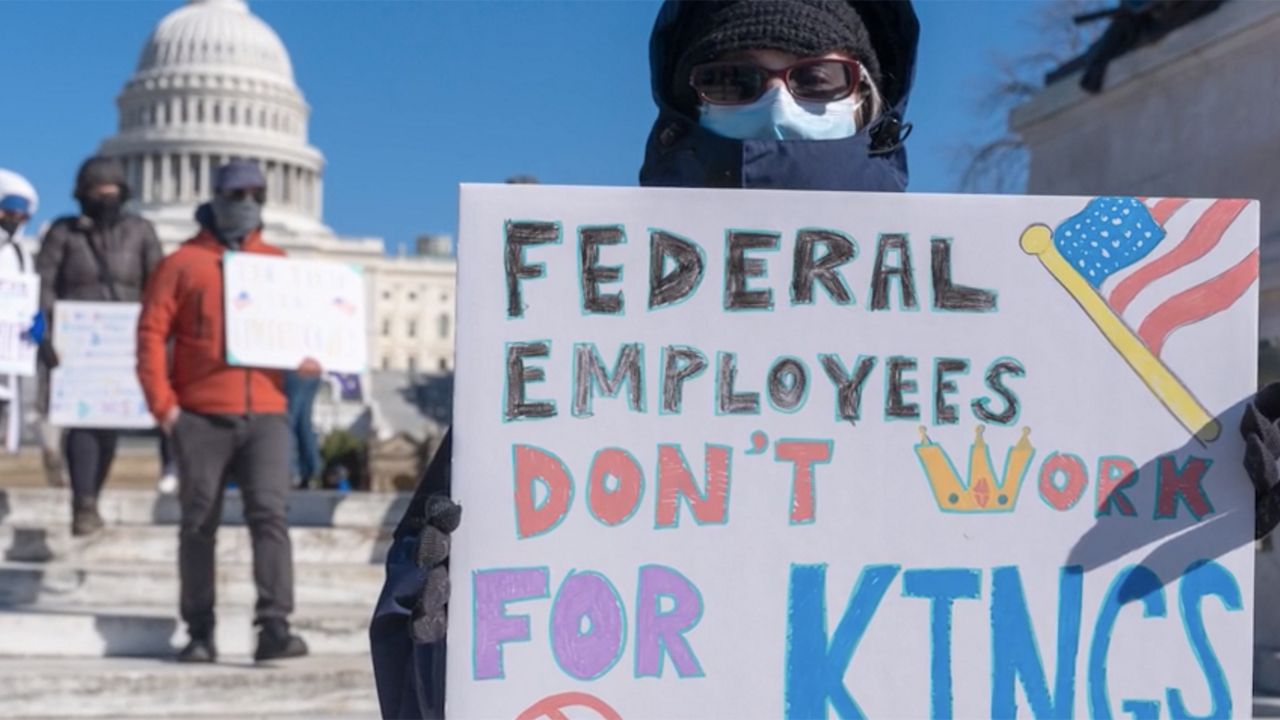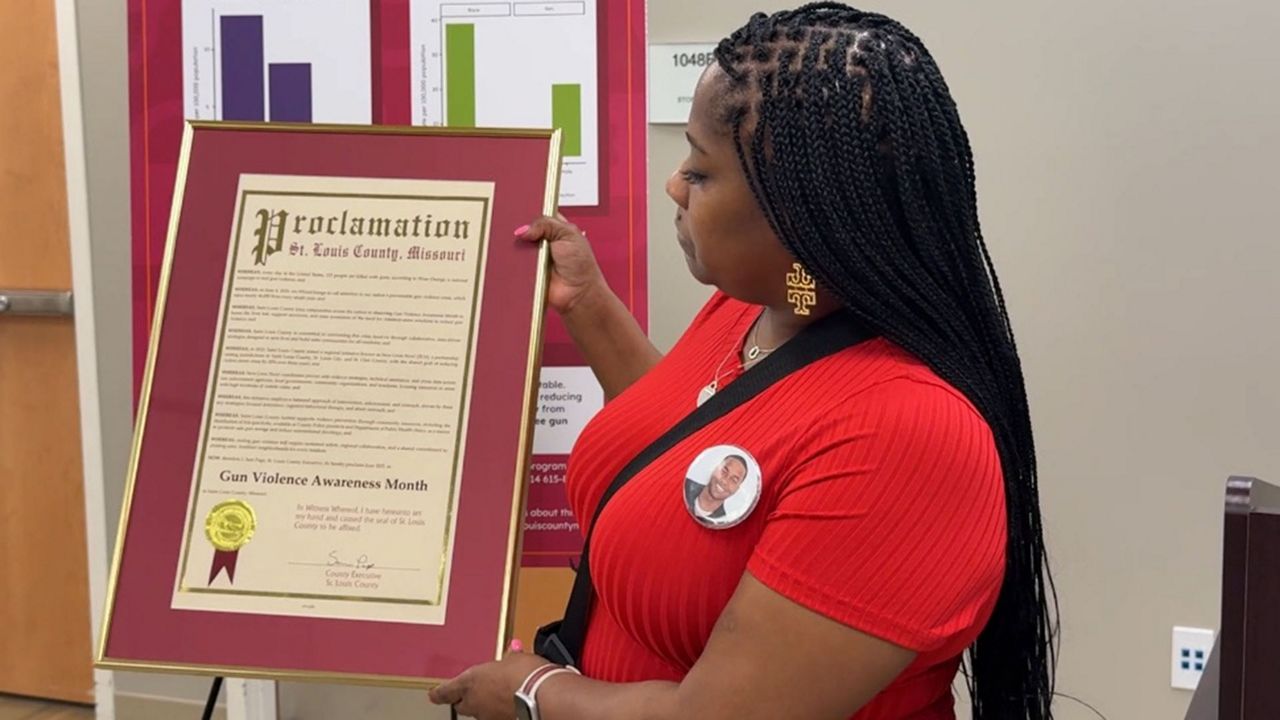ST. LOUIS — Relationship stress and anxiety are two of the top mental health issues Missourians have sought help with through Crisis Text Line.
The nonprofit provides free, confidential mental health support and resources to those in need via text.
Dr. Shairi Turner, chief health officer, said texting is a comfortable way for younger generations to express their emotions, as 70% of Crisis Text Line users are under the age of 25.
“Texting gives that confidentiality, anonymity. No one knows that you’re in crisis,” she said. “To be able to support those people from a moment of crisis to a cooler, calm moment, it's just indescribable.”
With 1.4 million conversations had overall last year, many struggle with depression, bullying and suicidal ideations, according to Turner.
“As a nation, we don’t have enough mental health professionals to support everybody who is in need, and the fact that Crisis Text Line is free and available to support anyone … is such a public health intervention,” Turner said.
Crisis Text Line is one of the larger back-up centers for 988, a suicide and crisis lifeline that people can text, call or chat.
Anyone in need of mental health support can text Home to 741741 and connect to a volunteer crisis counselor like Washington University medical student Angie Anaeme.
After learning about Crisis Text Line, Anaeme signed up to be a volunteer in 2020. Before communicating with texters, she said volunteer crisis counselors complete 15 hours of training. They also can participate in refresher courses when needed.
About a year into her volunteering, Anaeme was diagnosed with alopecia areata, an autoimmune condition that causes sudden hair loss.
“It was definitely a difficult diagnosis to hear at first, and try and navigate,” she said.
However, Anaeme said the crisis counselor training helped her mentally as she was taking care of her physical health.
“I found myself, subconsciously, applying the emotional regulation tools that I had learned,” Anaeme said, noting that her experience in supporting others through the text line also helped with coping and has even found a sense of peace and confidence.
Crisis counselors are trained on active listening, collaborative problem solving, empathy and cultural competence, which Anaeme finds those skills transferable to her work at the hospital.
“I often find myself thinking back to what I would do in a Crisis Text Line conversation and that definitely helps navigate patient interactions in that way,” she said.
To learn more or to become a volunteer, visit the Crisis Text Line website.










